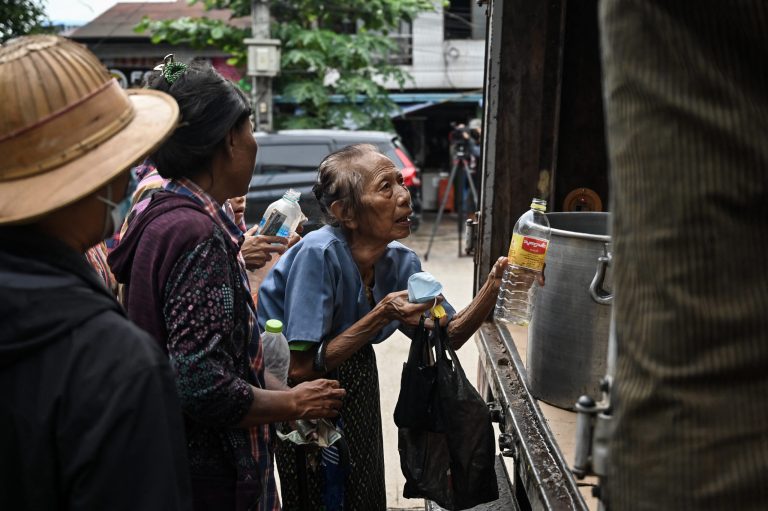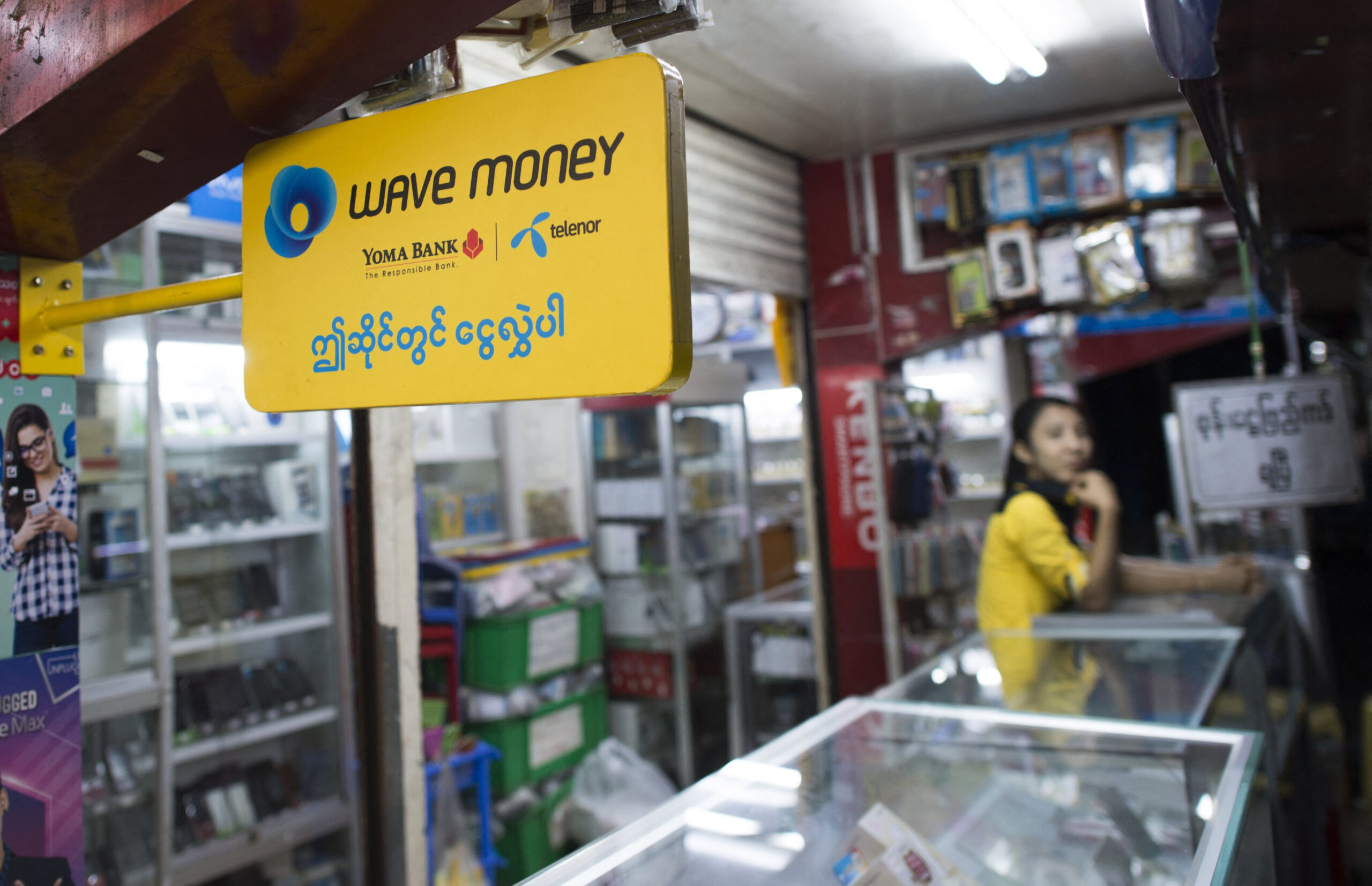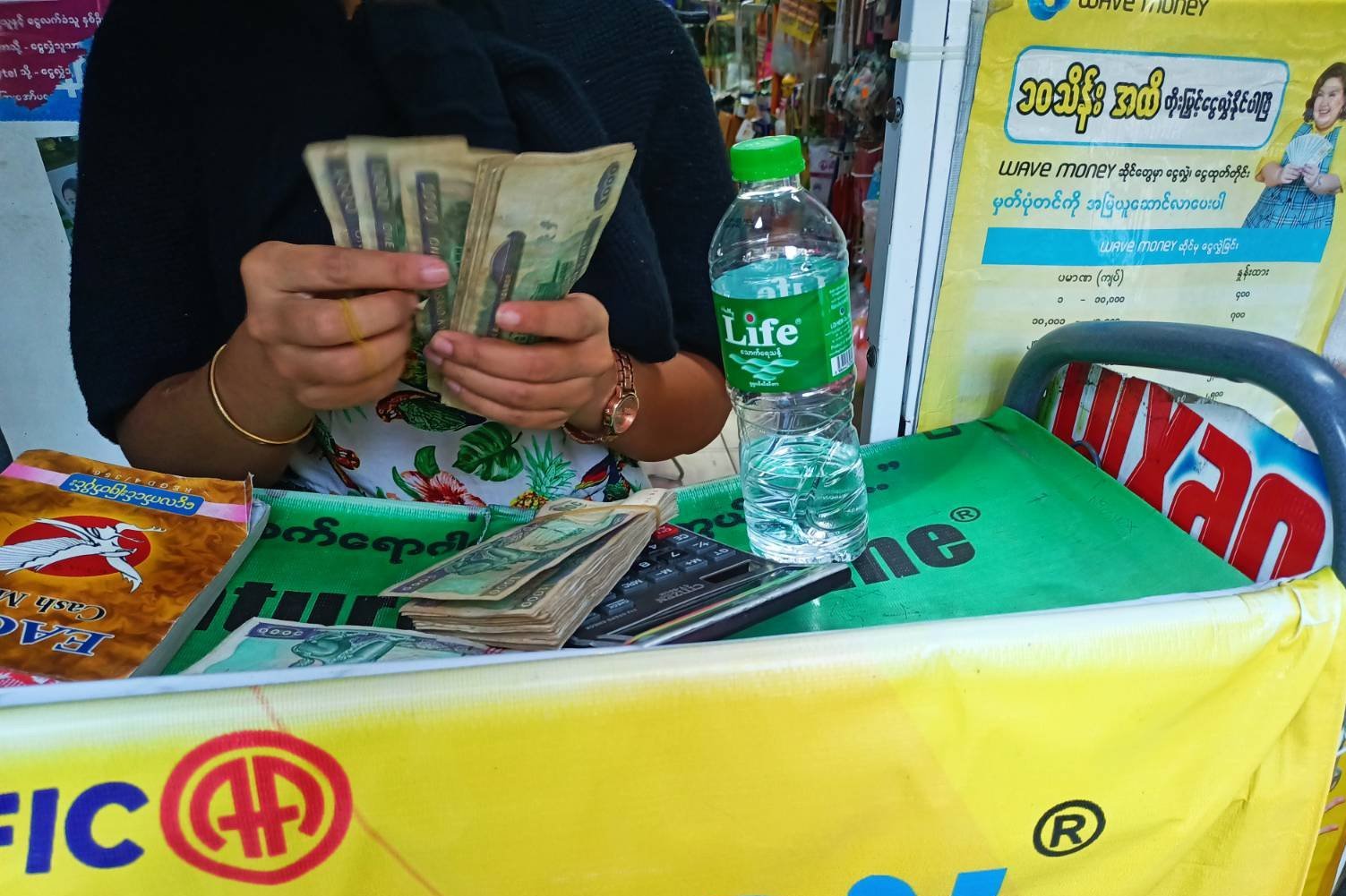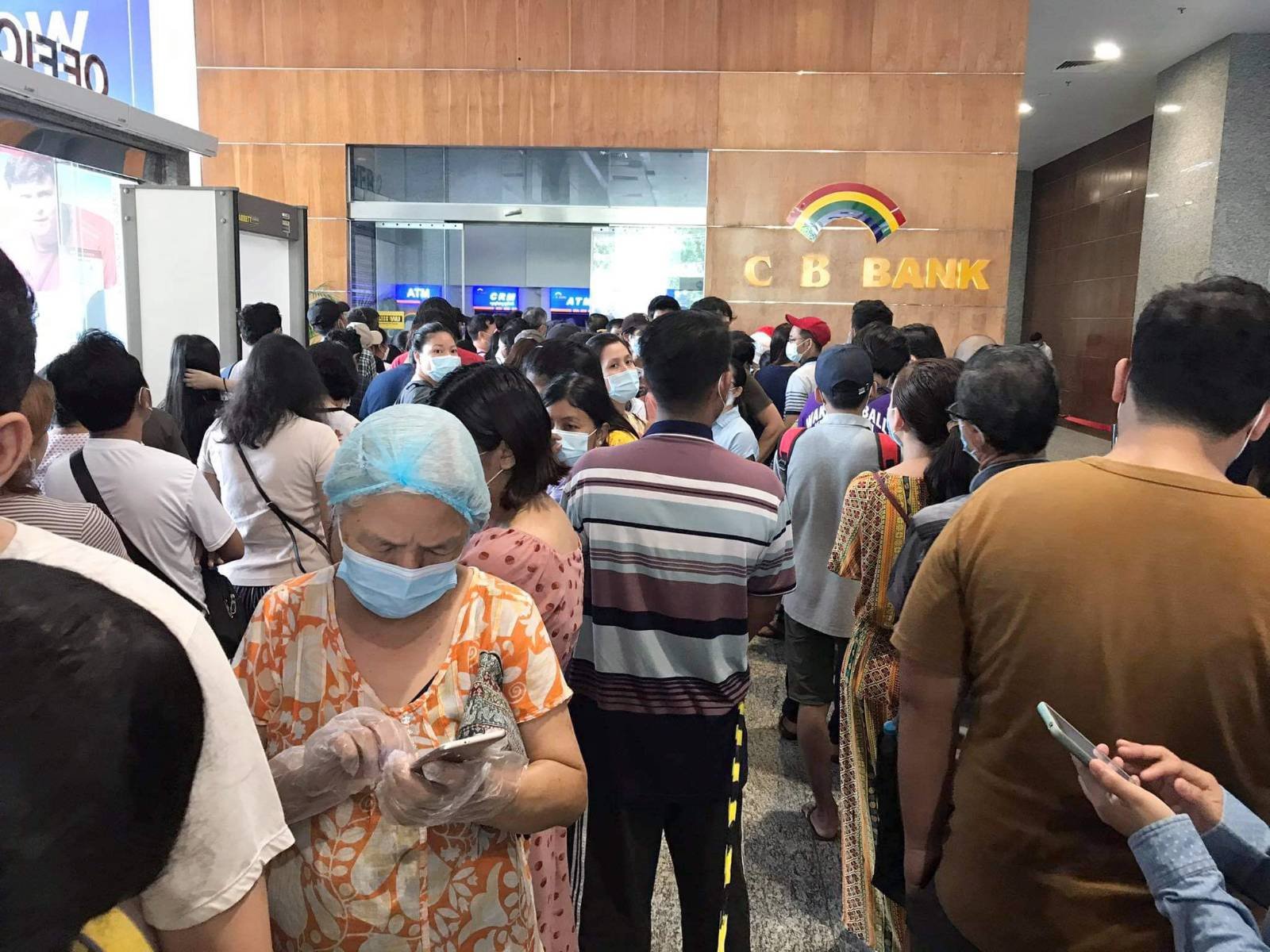Political stability and a flourishing economy are two sides of the same coin. When the political world shakes on its foundations the financial system often takes the first hits.
Last week these age-old truths proved to be accurate again following the ouster of Thura U Shwe Mann as chairman of the ruling Union Solidarity and Development Party. There was unease in all spheres of Myanmar society and especially in the business world, as two USDP publications linked to the Union parliament Speaker were shut down, and Cherry FM, run by his son U Toe Naing Mann, was taken off the air.
The sudden halt of Air Bagan flights led to further rumours that all was not well. Would all those relying on Thura U Shwe Mann’s patronage be targeted next?
Speculation about such a scenario proved to be unfounded. Thura U Shwe Mann has not been charged with corruption, a favorite tactic of the generals who formerly ran Myanmar to justify their purges. Insiders had speculated the ruling elite would resort to corruption charges after the failed attempt to impeach Thura U Shwe Mann after he rubbed the army the wrong way.
Nonetheless, those associated with Thura U Shwe Mann will probably look elsewhere for protection and connections in the future.
Support more independent journalism like this. Sign up to be a Frontier member.
Another result of the troubles in Nay Pyi Taw was wild rumors that Cooperative Bank, KBZ Bank and Tay Za-owned AGD Bank were in trouble. Rumours circulating on social media that the banks were about to fail led to a run on deposits. Billions of kyat were withdrawn in a matter of days, prompting the Central Bank to publicly state that the banks were in fact healthy and in no danger.
It was not the first time the financial system encountered hiccups resulting from deep-seated distrust.
Much of this distrust can be traced to the nationalisations of the 1960s and the demonetisations of 1987. In the 1980s many Myanmar lost their life savings – money in this country that is still mostly kept in tin trunks – when the dictator U Ne Win decided that the only way to deal a final blow to the black market was to introduce new denominations of the kyat and declare existing notes worthless. Multiples of his lucky number, nine, were deciding factors in when the new bills would be introduced and in which denominations.
In practice the informal market continued to flourish and the people lost their remaining trust in the national currency and in banks.
Fifteen years later, in 2003, Myanmar’s banks were in trouble again after an announcement that Finance and Revenue Minister U Khin Maung Thein had been permitted to retire. No explanation was given. Rumours of demonetisation began circulating, triggering a run. Despite attempts by then Central Bank governor U Kyaw Kyaw Maung and the state-run media to reassure the public, understandably sceptical depositors began emptying their accounts. Yoma Bank was among the financial institutions that took years to recover from the crisis.
This year’s mini-crisis emerged at an unfortunate moment, ahead of a crucial election that will be closely and nervously watched by international investors eager to take a chance on Myanmar but unsure about the stability of its financial system.
The heavy-handed approach used to oust Thura U Shwe Mann as USDP chairman and purge its leadership of his supporters – security forces were deployed at the party’s headquarters – added to the unease. Is the army still omnipotent and waiting in the wings to slap anybody on the wrist if its economic and political interests are challenged?
Will its erratic behaviour, often not governed by economic insight but by defensive military strategy, pose dangers that investors are not willing to incorporate into their models and projections?
The answer is most probably ‘yes’.
In the end the Myanmar economy will only flourish if political wild cards are removed from the deck and stability is achieved by implementing clear regulation that is in keeping with international standards and enforced without bias. Every other scenario will end in tears.






